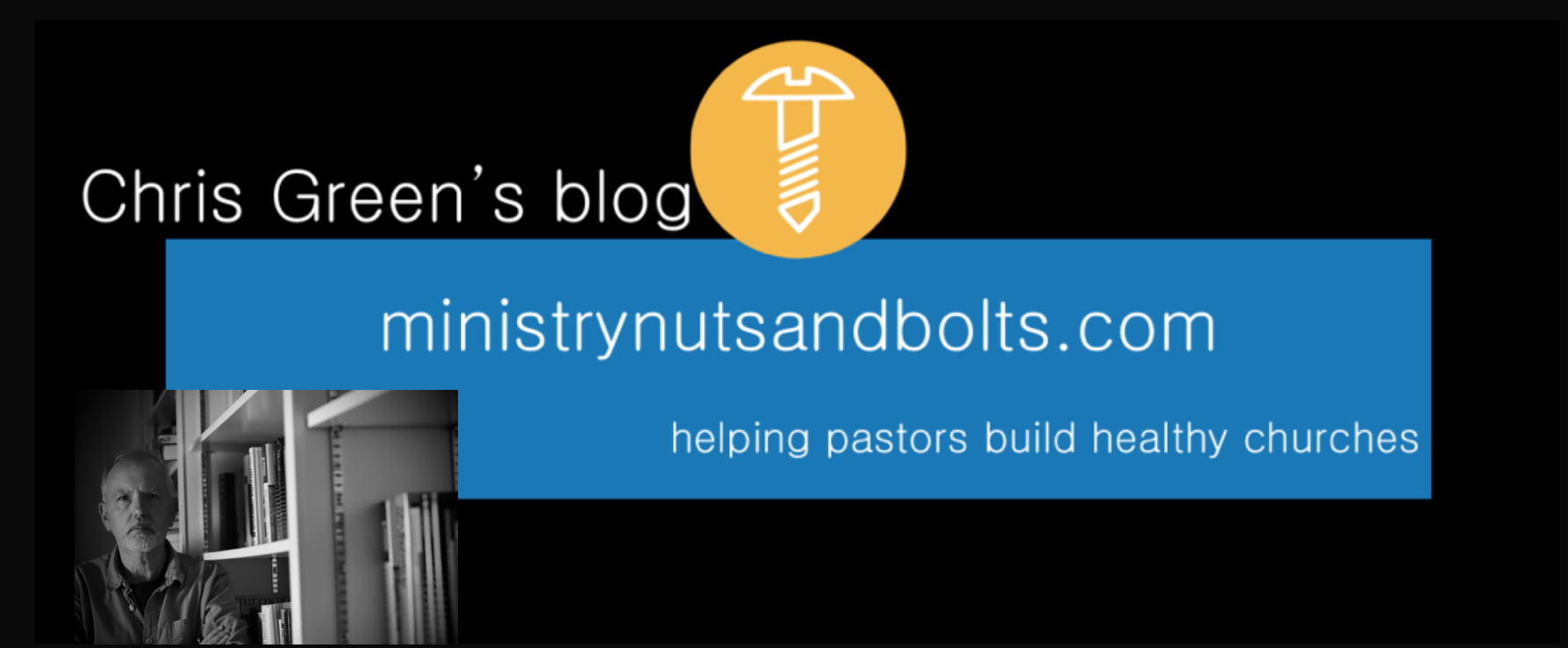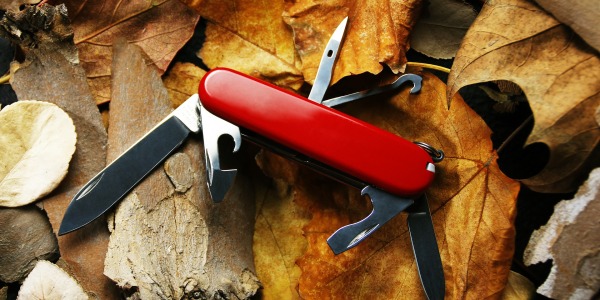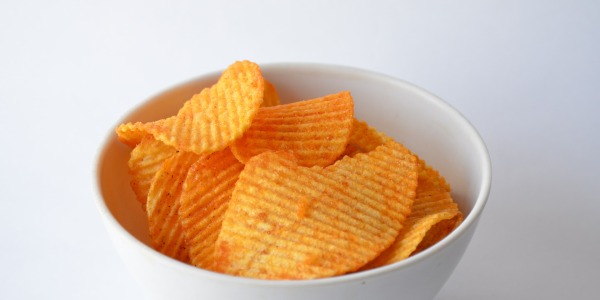Look for a moment at your hand. Look at the colours, the textures, the wrinkles. Wiggle your fingers. Make a fist. Stretch your fingers out until the skin goes taut and you can see it change colour.
Now rub your hands together. Notice the texture, the warmth, the flexibility and the firmness.
You have a body. God has designed a wonderful place for you to live in, for a season, and one day he will raise it from the dust and it will be remade in the likeness of Christ’s risen body (1 Jn. 3:2). It won’t do to say you are a body, because that would be too limiting, but you certainly have one. And for all of the effects of the fall, in our sicknesses and aches, it is a good place to be. Job said, ‘Your hands shaped me and made me’ (Job 10:8); Jeremiah heard, ‘“Before I formed you in the womb I knew you, before you were born I set you apart’ (Jer. 1:5); and of course, David said, ‘For you created my inmost being; you knit me together in my mother’s womb. I praise you because I am fearfully and wonderfully made; your works are wonderful, I know that full well. My frame was not hidden from you when I was made in the secret place, when I was woven together in the depths of the earth. Your eyes saw my unformed body; all the days ordained for me were written in your book before one of them came to be’ (Ps. 139:13-16).
God gave you a body.
That body has needs, and if we neglect them, then we are not being good stewards. Robert Murray M’Cheyne was a passionate pastor, writer, evangelist and preacher in Scotland during the early 1800’s, and he worked ferociously hard in his church of over a thousand members. He produced a bible reading scheme for them which is still widely used today, and has kept me going since undergraduate days. He’s the kind of man many a young pastor or planter would have as a hero.
He died aged 29. His simple, sober reflection on his health was this: “God gave me a message to deliver and a horse to ride. Alas, I have killed the horse and now I cannot deliver the message.”
So what do our bodies need, so that we can keep going for the long haul? The bible gives us four needs, and the dangers that lie on either side of them. Here’s the first:
We need energy. Food, oxygen, and sunshine are quite literally vital for us. And they come with other blessings too: Food becomes better when shared in company (Acts 2:46); air and sunshine get us out into the open, away from our desks. Spurgeon, in his famous lecture on ‘The Minister’s fainting fits’, wrote of the pastor tempted to ‘make his study a prison and his books the warders of a gaol, while nature lies outside his window calling him to health and beckoning him to joy. He who forgets the humming of the bees among the heather, the cooing of the wood-pigeons in the forest, the song of birds in the woods, the rippling of rills among the rushes, and the sighing of the wind among the pines, needs not wonder if his heart forgets to sing and his soul grows heavy. A day’s breathing of fresh air upon the hills, or a few hours, ramble in the beech woods? Umbrageous calm, would sweep the cobwebs out of the brain of scores of our toiling ministers who are now but half alive. A mouthful of sea air, or a stiff walk in the wind’s face, would not give grace to the soul, but it would yield oxygen to the body, which is next best’
The Bible warns us about over-eating and comfort foods. Many a Christian has come home after a hard meeting late at night, and turned to a tub of ice-cream, a packet of biscuits or a stiff whisky. But, as Proverbs says, ‘Do not join those who drink too much wine or gorge themselves on meat, for drunkards and gluttons become poor, and drowsiness clothes them in rags.’ (Prov. 23:21) In other words, Proverbs knew all about energy spikes, energy drops, and the high cost of luxury foods.
Which also means that we eat thoughtfully. (I say ‘we’ – you and I are painfully aware as we read this that there are people, Christians, pastors, who will go to bed tonight painfully hungry – that’s an issue for another post). By thoughtfully, I mean being aware that eating pasta and bread at lunchtime will make you sleepy in the afternoon. Smaller, frequent meals are healthier than large, occasional ones. Cans of soft drink can make you twitchy, stressed, and hyper.
Fasting is therefore a good Christian discipline, because it forces us to engage with the issues of our greed over against our needs, spiritual food over against physical food, our dependent creaturely status over against our proud, practical atheism.
But the Bible also warns us about the physical effects of ignoring our needs for food. Paul had to warn Timothy about a group of ascetic Christians who were denying the goodness of food (1 Tim 4:1), and it’s quite possible that Timothy had been swayed by them himself (1 Tim. 5:23).
And there are some foods which do us great harm. Our scientists and doctors are painfully clear on the dangers of excess sugars and fats -especially trans-fats, alcohol and tobacco (and other forms of smoking, too).
So we can enjoy food, and we skip a meal through busyness, or even fast for a season – Jesus is reported as doing all three (Lk 4:1-2, 7:34, 9:12). But, on M’Cheyne’s picture, the horse we ride needs proper food.
Process questions
- Do you think of the food you eat as a discipleship issue?
- Are you more tempted to greed, or to dangerous self denial?
- What is your favourite comfort food?
- Do you consume anything regularly which is likely to harm your body?
- Do you skip meals: never/occasionally/frequently/normally?
- Do you fast?
- When did you last keep a food diary for a week, to see what you actually ate?
- Is your weight a restriction on your physical movement?





Thanks Chris…as a 32 year old in Youth Ministry, you’ve given me a wake up to the goodness of taking care of the horse we ride. Need to lose weight so i can be the most useful to the King.
It’s the old cliche, James – in your thirties your building the body you’ll have for your forties; in your forties… etc. etc. I’m not trying to get anyone to be narcissistic (I’m no pin-up!) but we need to aim to serve as long as we can.
Thank you for the charge to enjoy God’s “second book” of creation (Psalm 19), moreso as it is immediately outside my Vicarage door! Just last week my GP advised, “Listen to your body” as a supplementary prescription to a six-day course of steroids. And in discussing ministry demands with my spiritual director, the one word reply was, “walking”.
I appreciate your breadth & depth of biblical wisdom Chris. Thanks for the modelling as much as the content.
Thanks, David – now go and enjoy some summer sun/rain/wind!